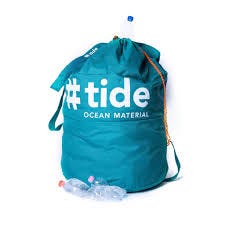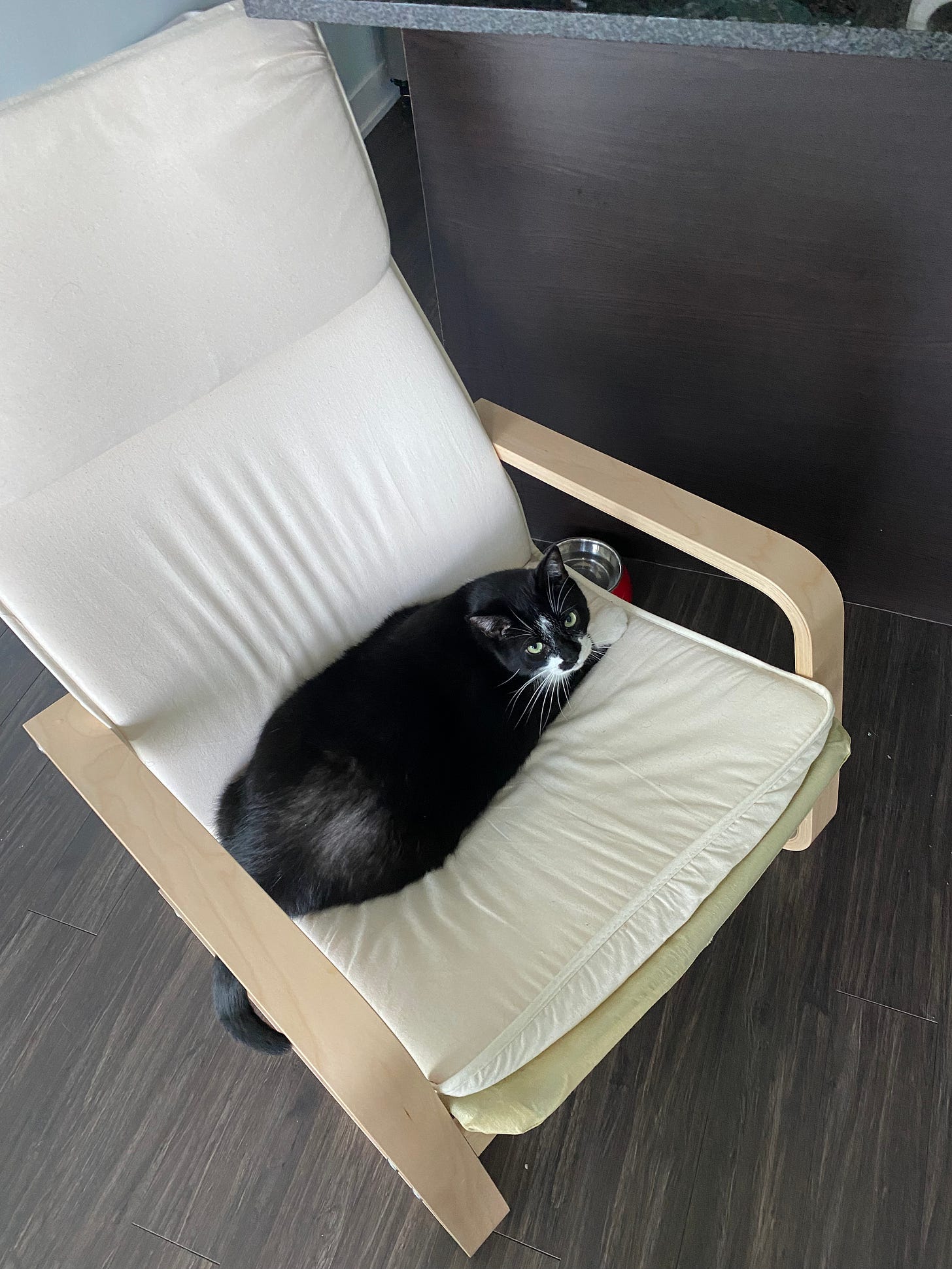Plastic is giving birth to new creatures
Guess what their ecosystem is called?
Like atmosphere and hydrosphere, we now have “plastisphere”.
Plastic-eating bacteria have recently been discovered in the ocean. These are new organisms which did not exist before.
They have exclusively taken birth to eat plastic.
The vast amount of plastic in our oceans and seas is making an ecosystem of its own.
The term was coined by Linda Amaral-Zettler, a marine microbiologist at the Royal Netherlands Institute for Sea Research.
“In 2010, we were planning to collect plastic samples for an upcoming cruise to characterise the biofilms [organisms that stick to each other and other things] on plastic,” says Amaral-Zettler. “I was trying to think of a convenient term to describe the community and came up with […] ‘plastisphere’.”
Like any other ecosystem, it has predators and preys.
The only thing different here is that humans have given birth to this ecosystem.
And unlike millions of years required to form an ecosystem, this one was created in just a few decades.
If we don’t control our obsession with growth(and using plastics in everything), we might be left with only one ecosystem- plastisphere.
The choice is ours!
In this edition, I’ve 3 startups that are reducing plastic pollution to prevent the marine ecosystem from collapsing⬇️
Our oceans are suffocating with plastic…Oceans are the last sink for the planet. If the current trend of plastic consumption continues, there would be more plastic than fish (by weight) in the ocean by 2050. There are 5-50 trillion microplastics in the ocean, which have negative effects on marine life- reduced feeding, fertility, growth, and survival.
Providing value to plastic waste…Ocean plastic is difficult to recycle because of the damage caused to it due to UV rays, sand and saltwater. Thomas Schori, founder of the Braloba group, partnered with Prof. Daniel Schwendemann to create a mechanical upcycling process for ocean plastic. This innovation led to the foundation of #tide ocean material®,
It collects single-use plastic from the ocean.
It is then turned into high-quality plastic granules.
These granules are then used to manufacture products such as watches, furniture, automotive parts, and electronic devices.
Controlling the entire supply chain…Right from the fishing community collecting plastics from the islands to tying up with brands using their sustainable material, the Swiss startup manages the entire supply chain. Together with social enterprises in South East Asia, they collect ocean-bound plastic. On the 5 islands in the Andaman Sea, they have even trained the local fishing community to gather and sort plastic waste(creating an additional source of income for the community)
80% of all marine debris is plastic…Hundreds of marine species suffer from the impact of marine pollution through ingestion, suffocation and entanglement. Marine wildlife confuses plastic waste for prey and most die of starvation as their stomachs get filled with plastic debris. The main cause of marine plastic pollution is land-based plastic that reaches the seas and oceans due to inadequate waste management.
An eco-friendly plastic alternative…An average consumer typically uses a plastic bag for ~12 minutes. The same bag can take up to ~500-1000 years to decompose. Cambodia-based Cleanbodia is manufacturing biodegradable bags using Cassava.
Cassava is a root vegetable that is grown throughout SE Asia.
These biodegradable bags can decompose within five years(vs hundred of years for the plastic ones).
They can decompose in water or soil.
Some technicalities…The biodegradable bags are manufactured by combining cassava starch with fossil fuel. After being disposed of, the starch degrades naturally within a few months. It also produces bacteria which attack the fossil polymer chain and drastically reduce degradation from hundreds of years to about 5 years. Cleanbodia also manufactures compostable bags that do not contain any fossil fuel and decompose in ~24 months.
The situation is grave…In 2010, a California grey whale had died after getting stranded on a West Seattle beach. During its autopsy, a pair of pants, a golf ball, duct tape, small towels and surgical gloves were found inside its stomach. Ocean plastic is one of the fastest-growing ecological problems of our time. 80% of this plastic arrives from rivers (90% of it can be attributed to just 10 rivers).
The Interceptor...River Cleaning deploys a series of floating devices, positioned diagonally on the course of the river. They intercept plastic waste and transport it to the riverbank, in a special storage area. This revolutionary and self-powered solution stops ~85% of the waste that passes through it.
It’s a 100% scalable, low cost and low impact solution
The floating devices (buoys) are anchored to the bed at the bottom of the river
They spin on axels powered by the natural flow of the river.
Thinking beyond waste...The modular structure makes the solution scalable for rivers of different sizes and is easy to maintain and replace. The floating devices allow navigability and their fish protection device ensures that marine creatures don’t get caught in the trash storage area.
🙋Trivia of the week
The COP27 is being called the African Cop.
The Cop26 summit in Glasgow produced substantial progress on cutting greenhouse gas emissions, but the national carbon targets laid out there fell far short of the near-halving of emissions required to stay within 1.5C of pre-industrial levels.
Recognizing that, nations agreed to review their targets before the next annual climate “conference of the parties”, scheduled for November 2022 in this African Nation.
Since the military coup in 2013, President Abdel Fatah al-Sisi has overseen the broadest and deepest crackdown on civil rights in the country’s modern history.
Which country are we talking about?
Thanks for reading today’s edition. If you liked it, please share it with your network.
Hit that 💚 if you liked today’s edition.
Thanks and see you next week😄








Egypt 🐪🐪! Also, it's capital, Cairo, is one of the most polluted cities in the world :O